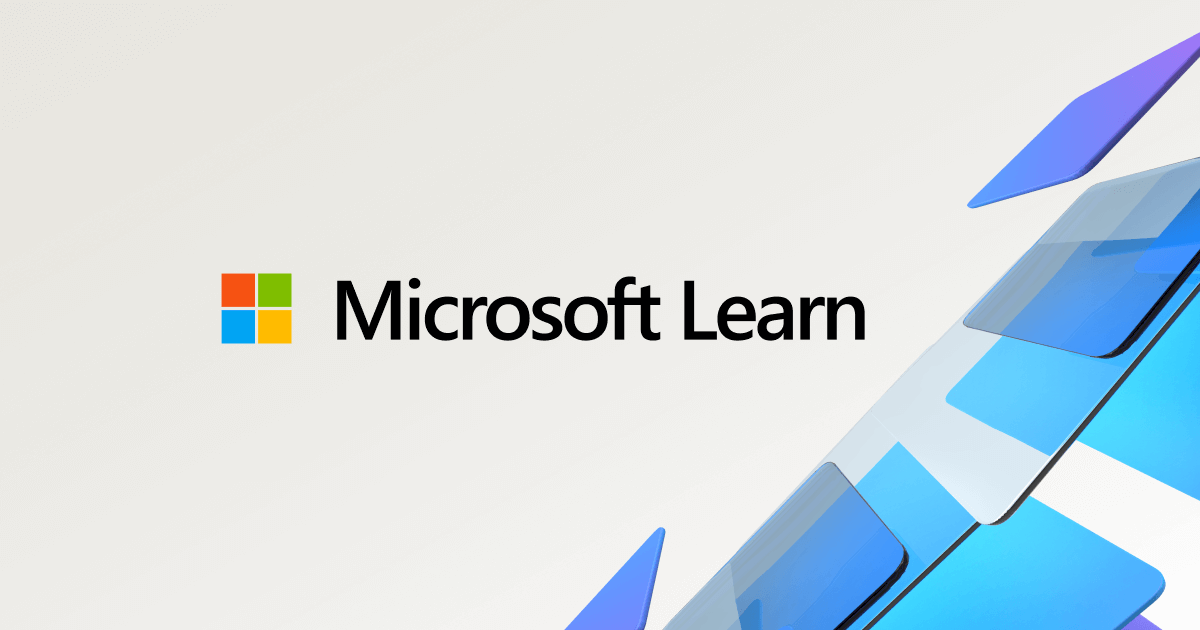I had thought CACHING video textures and mapping data to RAM will be MUCH, MUCH faster than any NVME PCIe M.2 SSD on the face of this planet and if someone has 64 GiB of RAM why not USE it?
DirectStorage has nothing to do with caching. People are explaining it to you, but you still do not understand.
What happens when you load into a game? The game needs to pull assets from the drive into the GPU's VRAM.
How does it do it on PC? It copies the data from the drive to the system RAM. The CPU has to decompress the data while it is in system RAM. The decompressed data can then be copied to the VRAM.
How will it work with DirectStorage? The game will copy data from the drive directly into the VRAM, decompressing it on the fly using the GPU.
Once all the assets are in the VRAM, they could be cached in system memory if the game no longer needs them. Then they could be quickly pulled back from system memory. But many modern games keep data in the VRAM, using it as cache.
But this is all about the first loading process. You bypass the CPU and the system RAM and place the data directly in the GPU's memory. This makes loading data drastically faster.
This also shows why PCs have had many problems with data streaming in games, which became very popular on Xbox 360, which introduced a unified memory system. While the CPU still had to decompress data, everything happened in a single memory pool, which drastically reduced latency.
In time PCs were able to brute force past this with sheer computing power and transfer speeds, but it all depends on how optimized a game is. Some games still have data streaming problems on PC even today, because of two separate memory pools.
And this is why some games on PS5 and Xbox Series consoles have unbelievably short loading times. When I played Horizon Forbidden West, I could not believe how instant everything was. And that is not even the best example.
And these consoles combine DirectStorage (PS5 has its own tech) and unified memory to get these incredible results.







